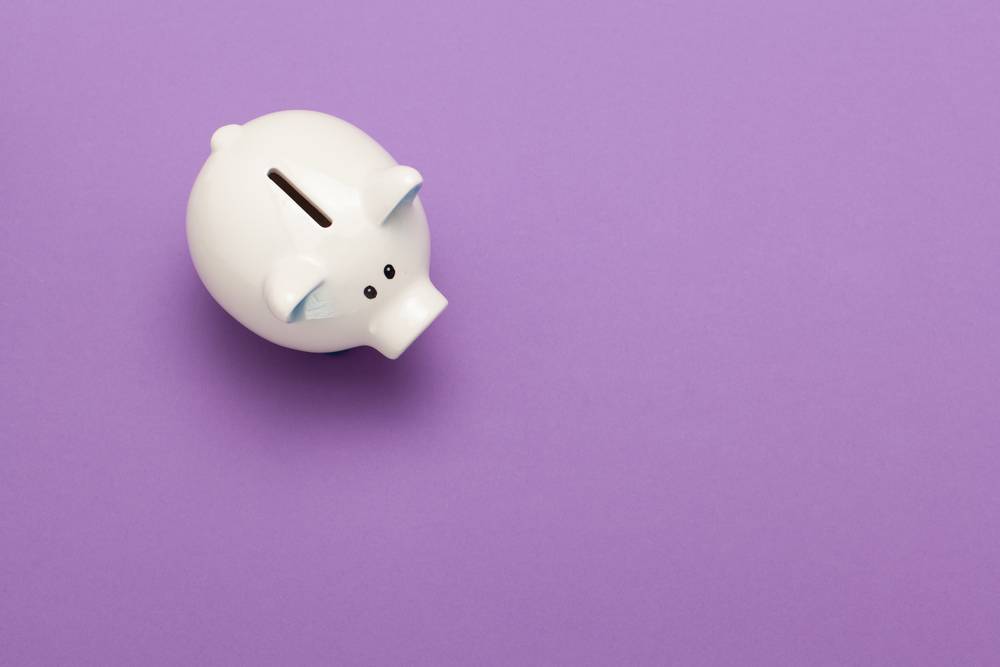During this pandemic time shopping can be a marathon effort. Gone are the days of just popping in somewhere for a couple of items as and when you need them. Long queues full of fellow lookalike Darth Vaders, waiting nervously to be allowed into the store has now become the new normal.
But there are upsides to all this. Although our food bills may have increased as recent data shows, buying everything in one go has some benefits. We are making stuff last longer, sometimes for 10 days or two weeks at a time. This new stay at home lifestyle also means spending less on other things; not forking out on morning lattes, mid-week work lunches and transport costs.
The new “isolation economy” has shifted consumer spending habits, equating to £12.9 billion annually, according to the latest research from the Centre for Economics and Business Research (Cebre) and Legal & General. It shows people are spending more on groceries, alcohol, at-home entertainment and hobbies during the lockdown, but spending less money in the wider economy due to COVID-19. Not surprisingly, UK household spending has dropped overall by almost a third.
So, this is good news for our pockets in some respects. Staying at home is helping some of us to build up a savings cushion – one consolation from this unpredictable time. Whilst spontaneous trips to the mall, nights out and long weekends away have all been put on pause – funds for which will be staying put for the time being – now is the time to be stimulating those savings. So, with this in mind – how do you start building up a pot?
Building a savings cushion
1. Reduce expenses
Try to cut out all unnecessary spending on non-essential goods and services and put that money aside to boost savings. Shop around for better phone/internet/electricity services. Now is a good time to avoid impulse buying. If you don’t need it, don’t buy it.
2. Set yourself a budget
Going through your finances may seem arduous at first but setting yourself a budget and taking note of your outgoings is a good place to start. Make a plan, determine your income and be strict with your spending habits. Record your progress and don’t worry if you go over budget the first time. Keep going until you meet your budgetary goals.
3. Put away any unexpected refunds
If you receive a windfall, such as a tax refund or a work bonus, keep it in the bank as a cushion and resist spending it. This is the fastest way to build up your savings.
4. Build an emergency fund
Experts say an emergency fund should cover at least three to six months’ worth of living expenses. But it is up to the individual how much they want to put away without jeopardising their other financial goals, such as reducing credit card debt or saving for a house. It is best to treat it like a life insurance protecting yourself, for times when the bank balance needs an unplanned boost.
5. Embrace technology
Apps, budget trackers, savings solutions – there’s a plethora of tools that will simplify the organisation of your finances. Online platforms like Mintago provide essential financial education to give you the knowledge to manage your money better and improve your mental and financial wellbeing.
At Mintago, we want to help people support their people build solid money management skills that are key to helping navigate through this challenging period. Our platform provides the ongoing support, enabling employees handle their finances and ultimately feel great about their money.
